“He saw the disciples straining at the oars, because the wind was against them.” Mark 6:48
Do you ever feel like you’re straining against the wind?
This month, I’m reading through the Gospel of Mark and when I got to chapter six, I immediately identified with the disciples in the boat. Gale force winds of cancer have blown into our lives with my husband’s lymphoma diagnosis. In my professional life, I sometimes feel like I’m frantically rowing, but not getting anywhere. Winds of loneliness and despair occasionally blow my way.
Perhaps you feel the same way. Financial tornadoes may be blowing into your life. You are constantly straining against chronic health problems. Relationship difficulties threaten to blow you down again and again.
Thankfully, Jesus didn’t leave the disciples straining at the oars on their own. He came to them miraculously walking on the water. He came to them comforting them with the words, “Take courage! It is I. Don’t be afraid” (Mark 6:50). Jesus speaks to our fears, our worries, our lack of courage with assurance He is with us. He is able to overcome the worst.
Learning From the Disciples’ Experience
What can we learn from the disciples’ experience?
We may experience a time of waiting. Although Jesus saw the disciples straining at the oars in the evening He waited until 3:00 in the morning to come to them. We don’t know why Jesus waited to help the disciples. And we don’t know why we sometimes experience long waiting times for healing, for help, for hope. But we can take comfort in realizing Jesus sees us straining at the oars. He knows firsthand the struggle against this world.
We sometimes don’t recognize Jesus in the struggle. When the disciples first saw a figure walking toward them on the water, they didn’t recognize it was Jesus. Mark’s account tells us that even after witnessing Jesus feeding a crowd of 5000+ with a couple of fish and a few loaves of bread, their hearts were hardened. They didn’t recognize Jesus on the water, because they didn’t recognize Him as God. We too may be so focused on the winds, on our struggle, on our own efforts, that we don’t recognize Jesus in the storm. Jesus promised us that He would never leave us. Ask Him to give you eyes to recognize Him. To believe that He is able to help. To recognize His aid may come in a totally unexpected way.
We can find comfort in Jesus’ words, “Take courage. It is I. Don’t be afraid.” The disciples had to wait for Jesus physical presence. But now He is always with us. He promises to be there with us in the struggle. The wind of trouble may not die down immediately like it did for the disciples, but we know Jesus will be there in the boat with us. When the waves appear to swamp our boat, we know that Christ is still in control.
Next step: When you feel like you’re straining against the wind, wait for the answer. Recognize it may come in an unexpected way. Remember Jesus is in the boat with you.

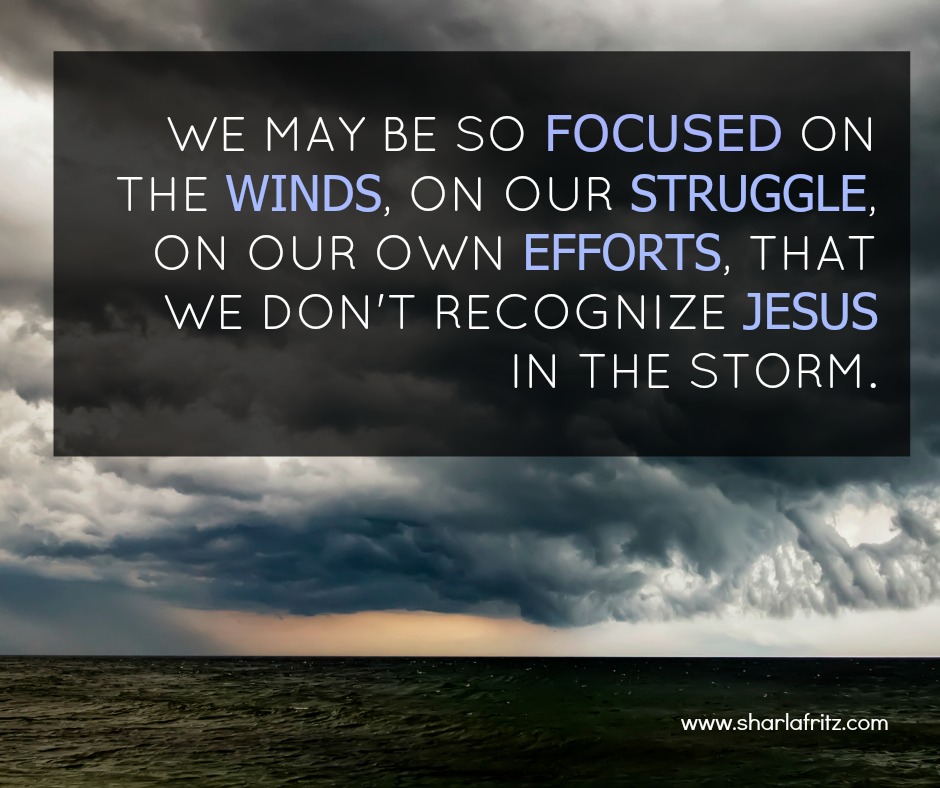



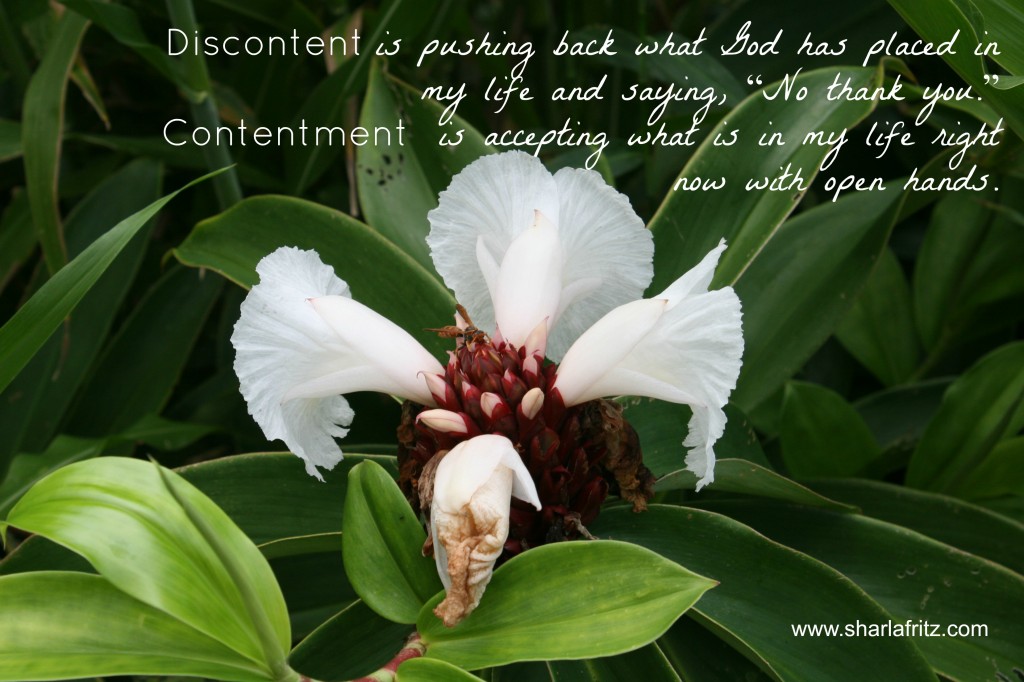







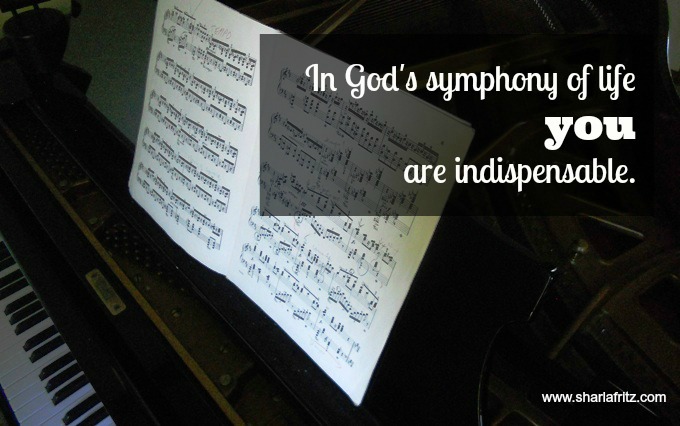















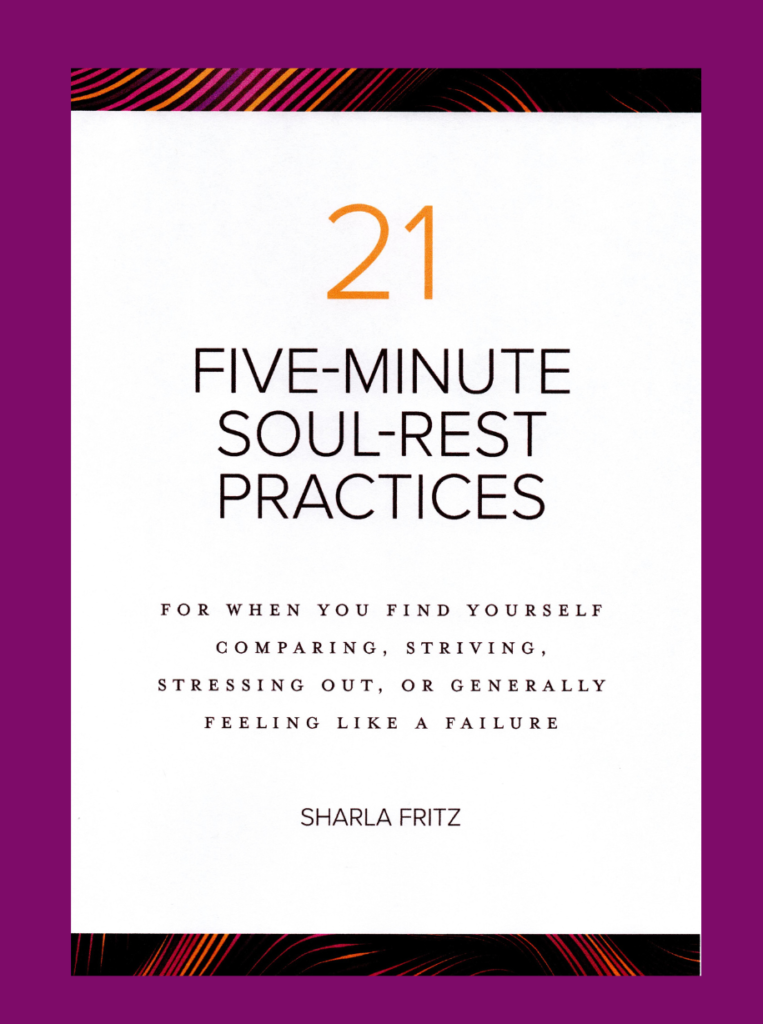
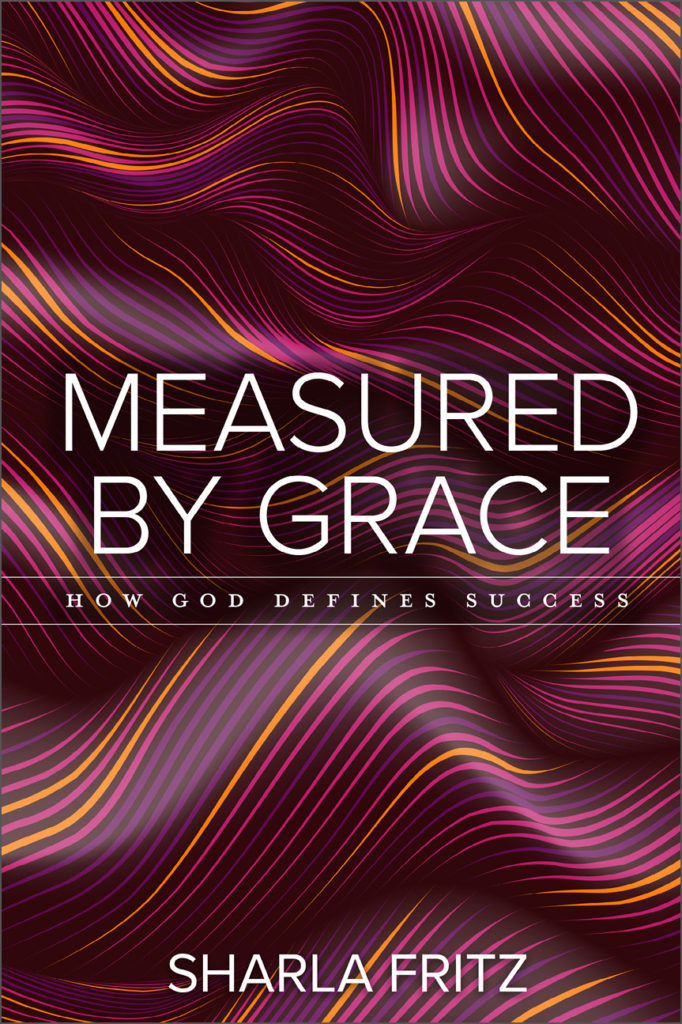

Follow Me!